Boeing agrees in principle to plead guilty to conspiracy charges. The deal involves defrauding the U.S. during 737 MAX evaluations.
Boeing will pay the maximum statutory fine and invest $455 million in compliance programs. This agreement marks a significant development in the ongoing 737 MAX crisis.
737 MAX Crashes Spark Investigation
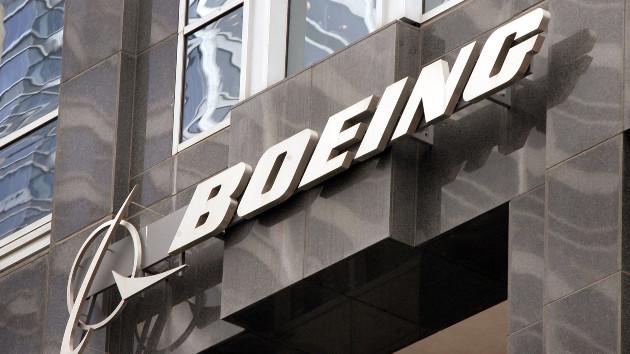
Two fatal crashes in 2018 and 2019 killed 346 people. The Lion Air crash in Indonesia claimed 189 lives.
The Ethiopian Airlines crash killed 157 people. These incidents led to a worldwide grounding of the 737 MAX fleet for 20 months.
FAA Misled During Aircraft Certification
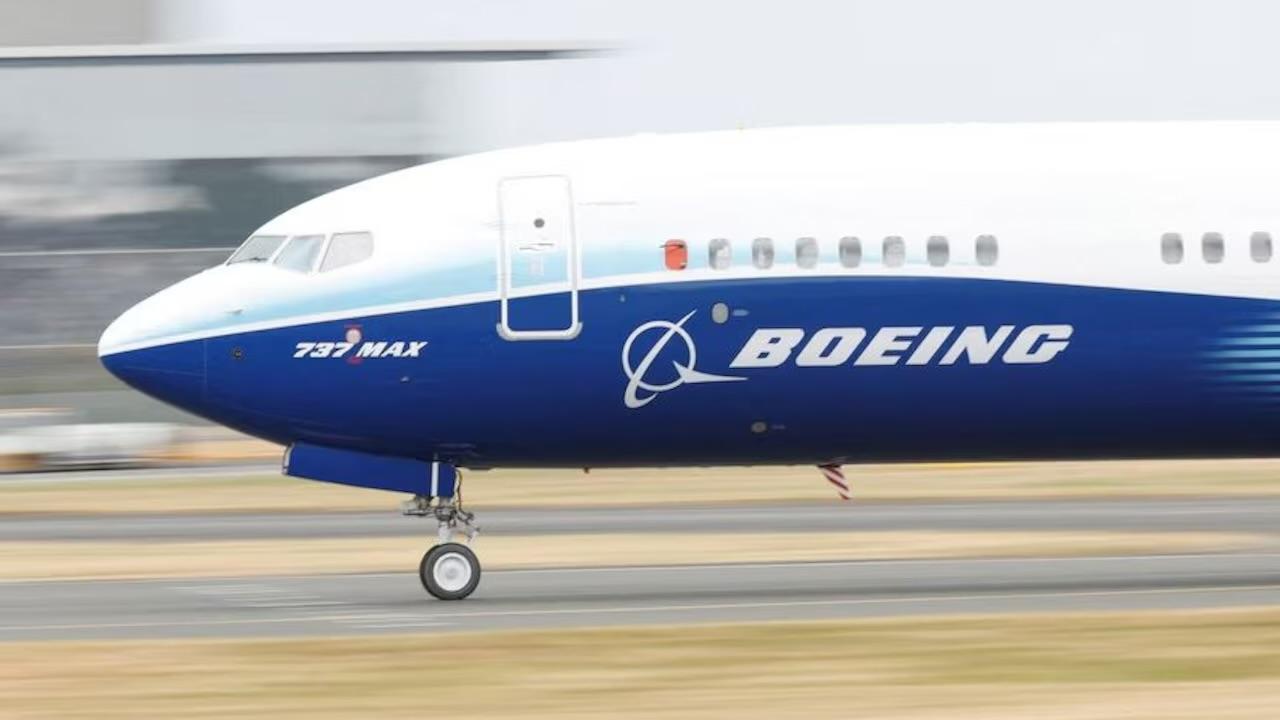
Boeing allegedly provided misleading information to the FAA. This occurred during the 737 MAX’s evaluation process.
The FAA’s certification process came under scrutiny following the crashes. Congressional investigations revealed flaws in the certification system.
Families Oppose Proposed Plea Agreement
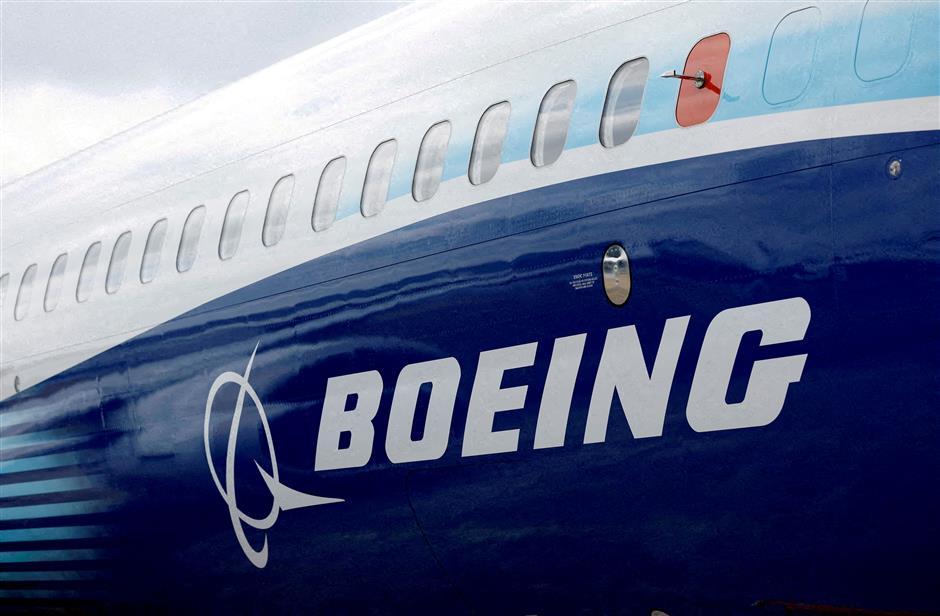
Victims’ families intend to challenge the plea deal. They argue the agreement makes unfair concessions to Boeing.
Families seek harsher penalties for the company. Their opposition could potentially influence the court’s decision.
Financial Implications for Boeing Company
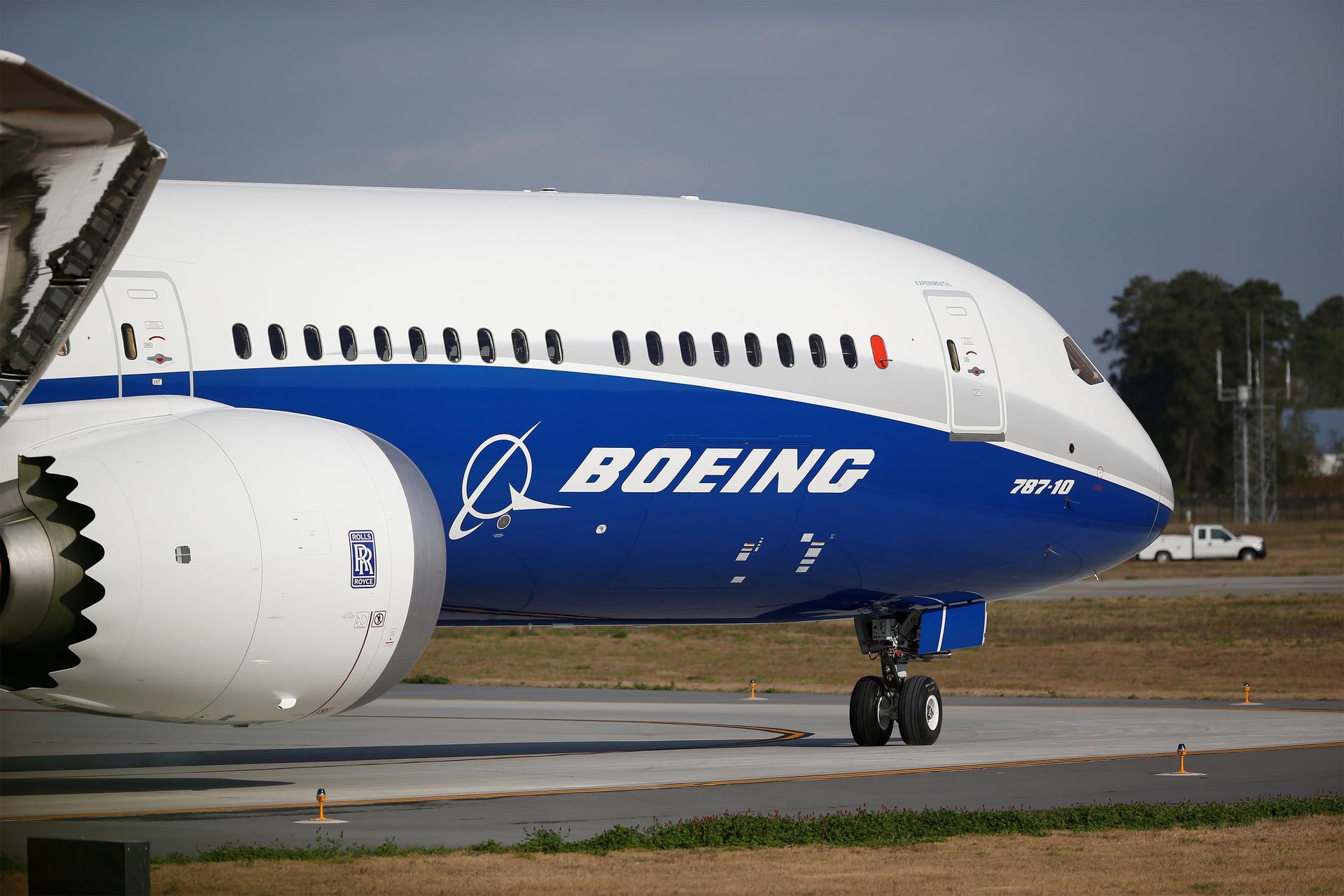
Boeing faces significant financial penalties under the agreement. The company has already incurred over $20 billion in costs related to the MAX crisis.
Boeing’s stock price dropped 24% in 2020 due to the MAX grounding and pandemic effects.
Timeline of 737 MAX Crisis
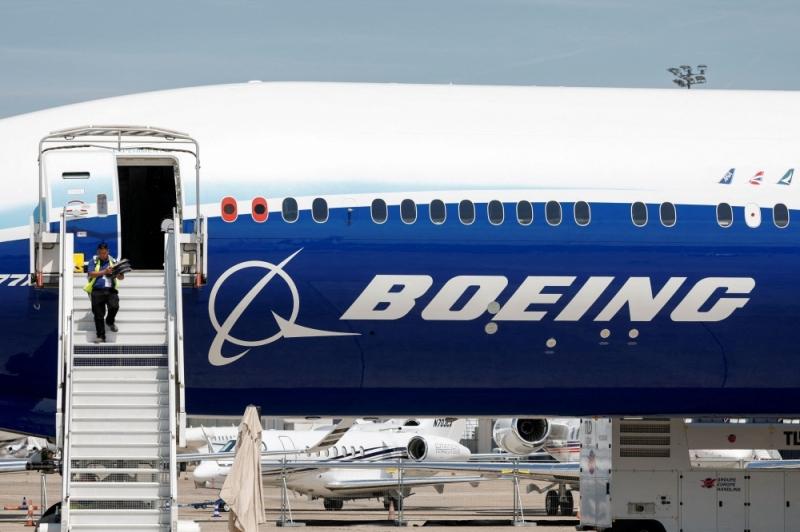
The first crash occurred in October 2018. The second crash followed in March 2019.
The FAA grounded the 737 MAX on March 13, 2019. Boeing resumed 737 MAX deliveries in December 2020 after extensive modifications.
MCAS System at Center of Controversy
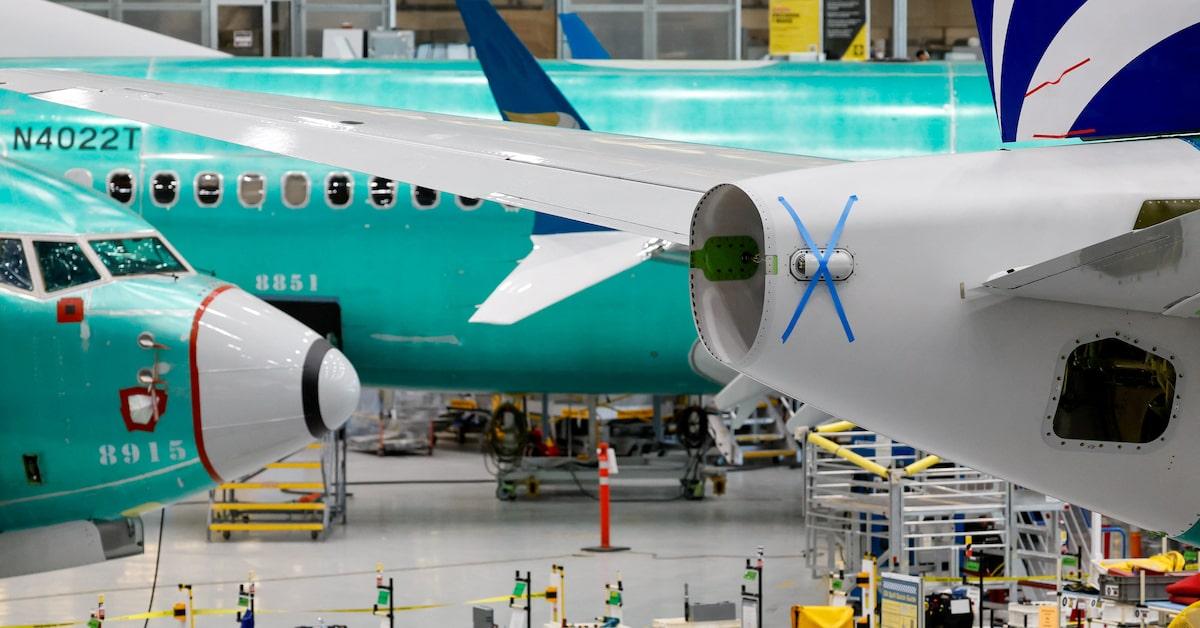
The Maneuvering Characteristics Augmentation System (MCAS) played a crucial role in both crashes. Boeing designed MCAS to prevent stalls in certain flight conditions.
Investigators found MCAS activated erroneously in both accidents. Boeing later redesigned the system to address these issues.
Global Impact on Aviation Industry
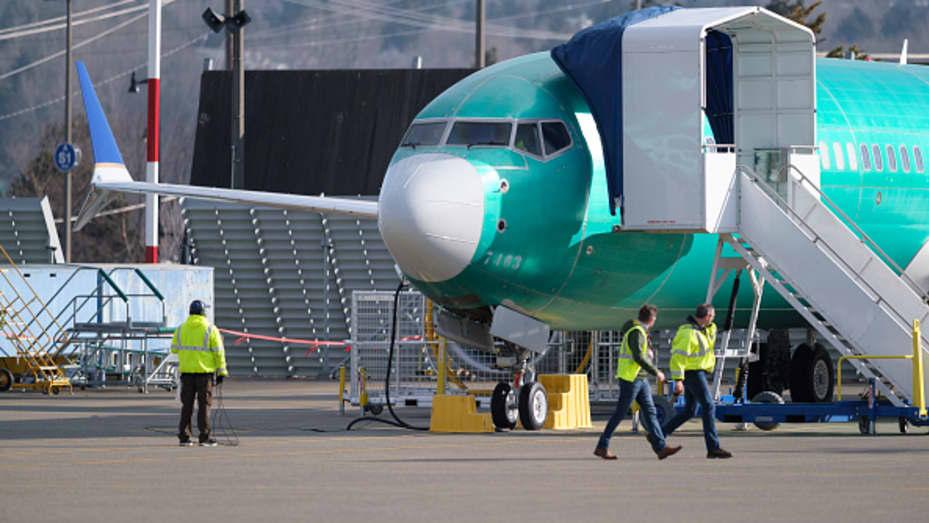
The 737 MAX grounding affected airlines worldwide. It cost the global aviation industry an estimated $4.1 billion.
The crisis damaged Boeing’s reputation and market share. Airbus surpassed Boeing in commercial aircraft deliveries during this period.
Regulatory Changes Following MAX Crisis
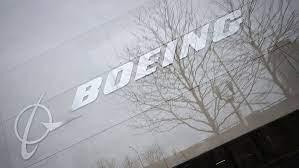
The FAA implemented changes to its certification process. Congress passed legislation to reform aircraft certification procedures.
International aviation authorities increased scrutiny of FAA certifications. These changes aim to prevent similar issues in the future.
Boeing’s Path to Rebuilding Trust
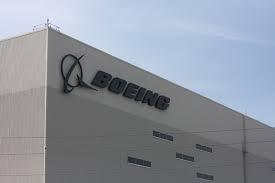
Boeing faces ongoing challenges in restoring confidence. The company has made leadership changes since the crisis.
Boeing implemented new safety and quality control measures. Rebuilding trust with airlines, regulators, and the public remains a priority.

